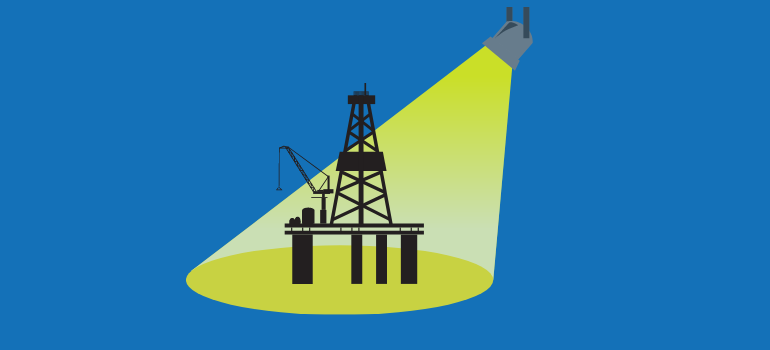European Parliament signals increased scrutiny of oil, gas and mining companies, but proposal is light on details, say activists
Blogs and News

Today, the Legal Affairs Committee of the European Parliament voted on its report on the Corporate Sustainability Reporting Directive (CSRD), giving priority to developing transparency rules for oil, gas and mining industries. This is welcomed by the Publish What You Pay coalition, the global movement for open and accountable extractive industries. However, by refusing to further specify what those rules should look like, the Legal Affairs Committee has missed the opportunity to firmly set the direction for a just and equitable transition away from fossil fuels. The trilogues now offer the possibility to raise the ambition.
Caroline Avan from Oxfam France, and Publish What You Pay France coordinator said:
“Giving special attention to the most polluting and harmful industry – oil, gas and mining companies – is the bare minimum. Exposing their real impacts has never been more urgent. As the current situation in Ukraine demonstrates, the European Union needs to accelerate the transition away from fossil fuels, and proper scrutiny of these companies is the only way to do this.”
Robert Pitman from Natural Resources Governance Institute (NRGI) said:
“If the European Union is serious about exposing human rights abuses in extractive supply chains to public scrutiny, it needs to make sure that reporting by oil, gas and mining companies happens where social and environmental impacts take place : project-level. This can only be ensured by the publication of contracts with host governments – which too often still remain secret. The trilogues give MEPs one last opportunity to do this.
Notes to Editors:
Acknowledging specificities of the extractives sector, the Publish What You Pay coalition has developed a series of recommendations to make the CSRD fit for purpose. Supported by several political groups, the lead Committee of the European Parliament adopted our recommendation on prioritising extractive industries sustainability reporting standards.It however failed to ensure that sustainability disclosure requirements be made at project-level, as well as to require the publication of contracts and other documents upon which resource extraction projects are based.
The CSRD legislative process will now enter a new phase, the trilogues. These are interinstitutional negotiations between the three European institutions: the European Parliament, the EU Council and the European Commission.
The CSRD is a unique opportunity to mandate much-needed public reporting on the extractive industries. In light of the climate-related financial risks associated with oil gas and mining activities plus their outsized impacts on people and the environment, improved transparency about these activities is essential to ensure the success of the energy transition and the European Green Deal.
Yet company reporting remains inadequate. According to the Alliance for Corporate Transparency findings, Only 23.5% of the largest energy and resource extraction companies in the EU have published science-based climate targets aligned with the Paris Agreement and only 27% have set out clearly how they address their salient human rights risks.
Publish What You Pay (PWYP) is a worldwide movement of over 1000 member organisations campaigning for open and accountable extractive industries and a people-centered transition to a low-carbon economy. PWYP is also part of the Alliance for Corporate Transparency.
Contact:
Caroline Avan : [email protected] +33 6 26 71 37 74










